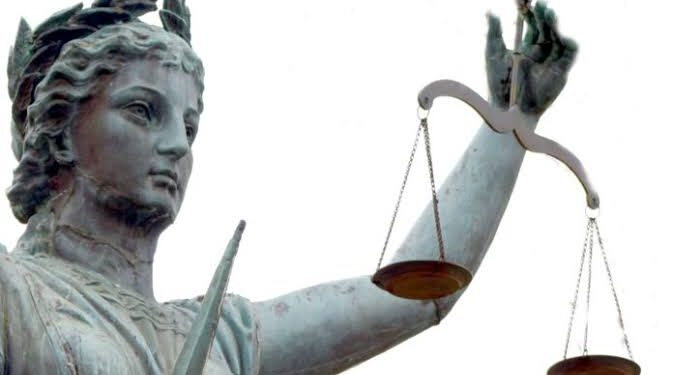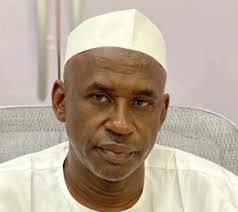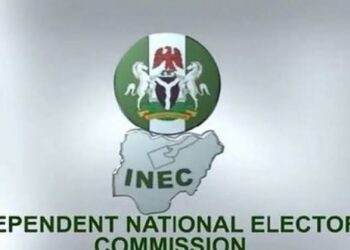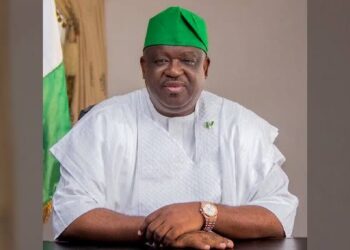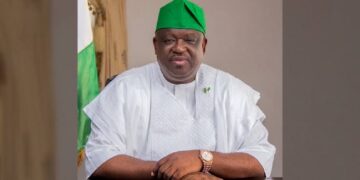Michael Aondoakaa, former Attorney-General of the Federation (AGF) and Minister of Justice has entered the spotlight by agreeing to testify against Nigeria in an ongoing arbitration case at the International Chamber of Commerce (ICC) in Paris, France.
The case revolves around a substantial $2.354 billion claim filed by Sunrise Power and Transmission Company Limited, headed by businessman Leno Adesanya. The claim alleges a breach of contract concerning the construction of a 3,050MW power plant in Mambilla, Taraba State. The contract, initiated in 2003, tasked Sunrise Power with constructing the plant under a “build, operate, and transfer” (BOT) framework.
Sunrise Power commenced arbitration proceedings against Nigeria on October 10, 2017, citing significant financial damages due to the purported contract breach. The Nigerian government’s defense argues that the contract was improperly awarded by the then-Minister of Power, Olu Agunloye, and contends there were elements of fraud and corruption in subsequent settlement agreements. Olu Agunloye, now facing trial in Nigeria, vehemently denies all allegations.
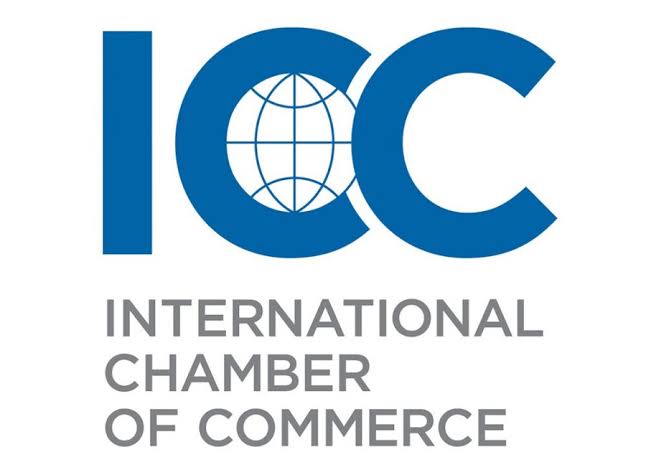
Recent reports indicate that Aondoakaa, who served as AGF from July 2007 to February 2010, has aligned himself with Sunrise Power in this dispute. Leveraging his legal acumen and experience, Aondoakaa intends to argue in support of Sunrise Power’s position that the original contract with the Nigerian government was legally sound.
This strategic move is aimed at strengthening Sunrise Power’s case during the ICC arbitration proceedings.
Sources close to Aondoakaa reveal that he is actively collaborating with Leno Adesanya’s legal team, providing expert testimony and legal counsel both for the ICC arbitration and related legal proceedings in Nigeria.
Aondoakaa’s involvement is expected to counter the testimonies and defense strategies put forth by Nigerian government officials, including ministers from President Buhari’s administration, who are advocating for Nigeria in this arbitration.
The complexity of the case lies in the conflicting interpretations of the initial contract terms and the subsequent actions taken by the Nigerian government. Sunrise Power asserts that they had a valid agreement to construct the Mambilla power plant, and any deviation from this agreement constitutes a breach of contract that warrants substantial financial compensation.
On the other hand, the Nigerian government contends that procedural irregularities and allegations of misconduct surround the awarding and subsequent handling of the contract. They argue that due process was not followed and that the financial agreements reached were not in the best interest of the Nigerian people.
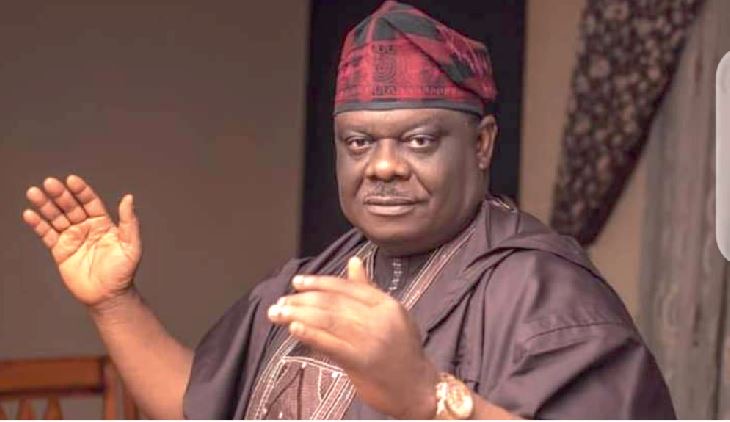
Aondoakaa’s decision to testify against Nigeria marks a significant development in the case, potentially influencing the outcome of the arbitration. His testimony is expected to provide legal insights and arguments that could sway the ICC’s decision in favor of Sunrise Power or prompt a negotiated settlement between the parties involved.
In addition to the legal complexities, the case has broader implications for international business contracts and the regulatory frameworks governing large-scale infrastructure projects in Nigeria. It underscores the importance of transparency, adherence to legal procedures, and the mitigation of corruption risks in public-private partnerships and government contracts.
As the arbitration proceedings unfold, stakeholders await further developments and anticipate the impact of Aondoakaa’s testimony on the outcome of this high-stakes legal battle between Sunrise Power and the Nigerian government.


